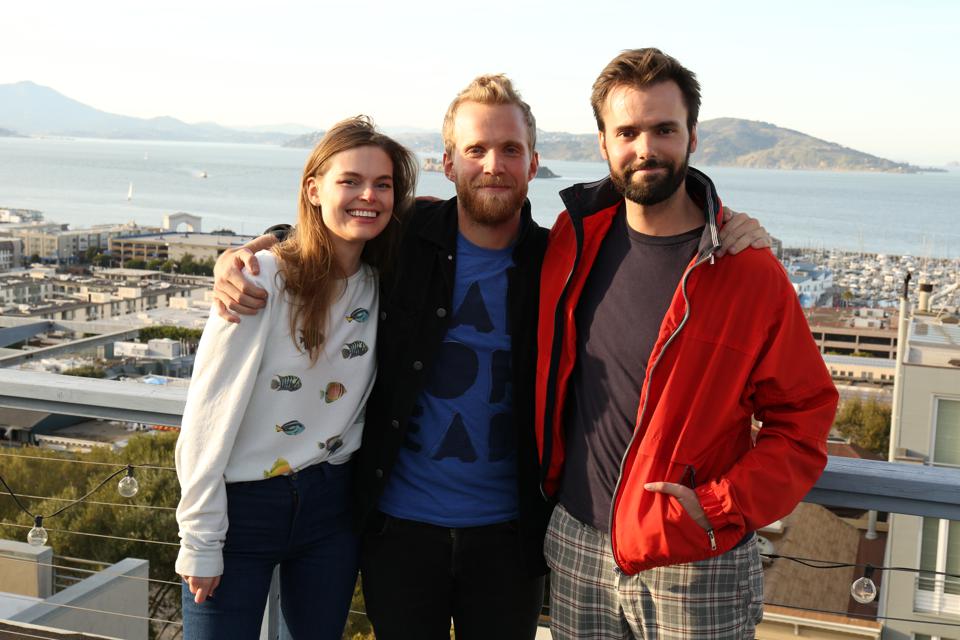The startup, founded in Norway and now headquartered in San Francisco, builds a health insurance product for remote workers and so-called digital nomads so companies can provide coverage for a global workforce in multiple locations.
Kinnevik led the Series B round with existing investors Creandum and byFounders and new investor Mundi Ventures participating. It previously raised $8 million from backers last year.
According to the startup, the new funds will be used to scale its flagship product Remote Health and create what it calls a “global social safety net”.
SafetyWing was founded in 2018 but since 2020, with the onset of the pandemic and the mass shift to remote working, it has found fresh demand from workers that are looking for health insurance that is otherwise unavailable to them.
Chief executive Sondre Rasch described remote working as “one of the greatest paradigm shifts of our generation” but much of the infrastructure to support that change is still behind.
“SafetyWing was launched because we saw first-hand that while remote teams are global, the infrastructure that supports them, like the social safety net, is not,” Rasch said.
“We built it because we as digital nomads and with a remote team needed it ourselves, and we realized we were not alone. We were our first customers, and it’s been quite a journey to where we are today. We develop our products as software – constantly updating them so that they’re always tailored to the changing work life – and have many more in the pipeline still to come.”
Rasch is joined by CTO Sarah Sandnes and COO Hans Nvyold Kjellby with a team of 100 scattered globally. It plans to build out additional products called Remote Doctor and Remote Retirement to address other issues for workers, other than health insurance, to provide a more holistic social safety net service.
Tatiana Shalalvand, investment director at lead investor Kinnevik, said providing these benefits will be key in a remote working world if companies are to attract and retain the best talent.
“Companies are battling fiercely to attract the best candidates which is quickly showing employers the importance of offering remote workers more than just a competitive salary,” she said.
Source: Forbes









